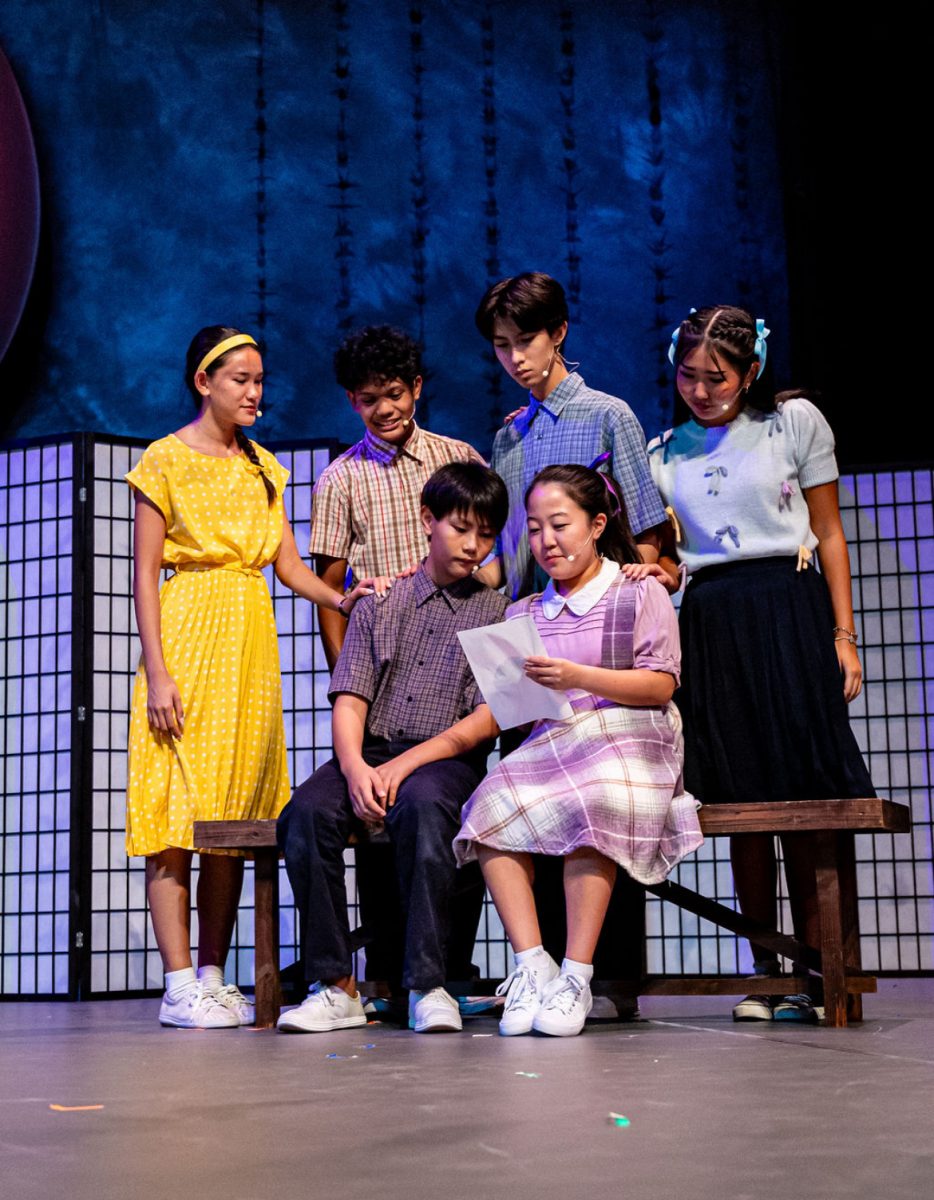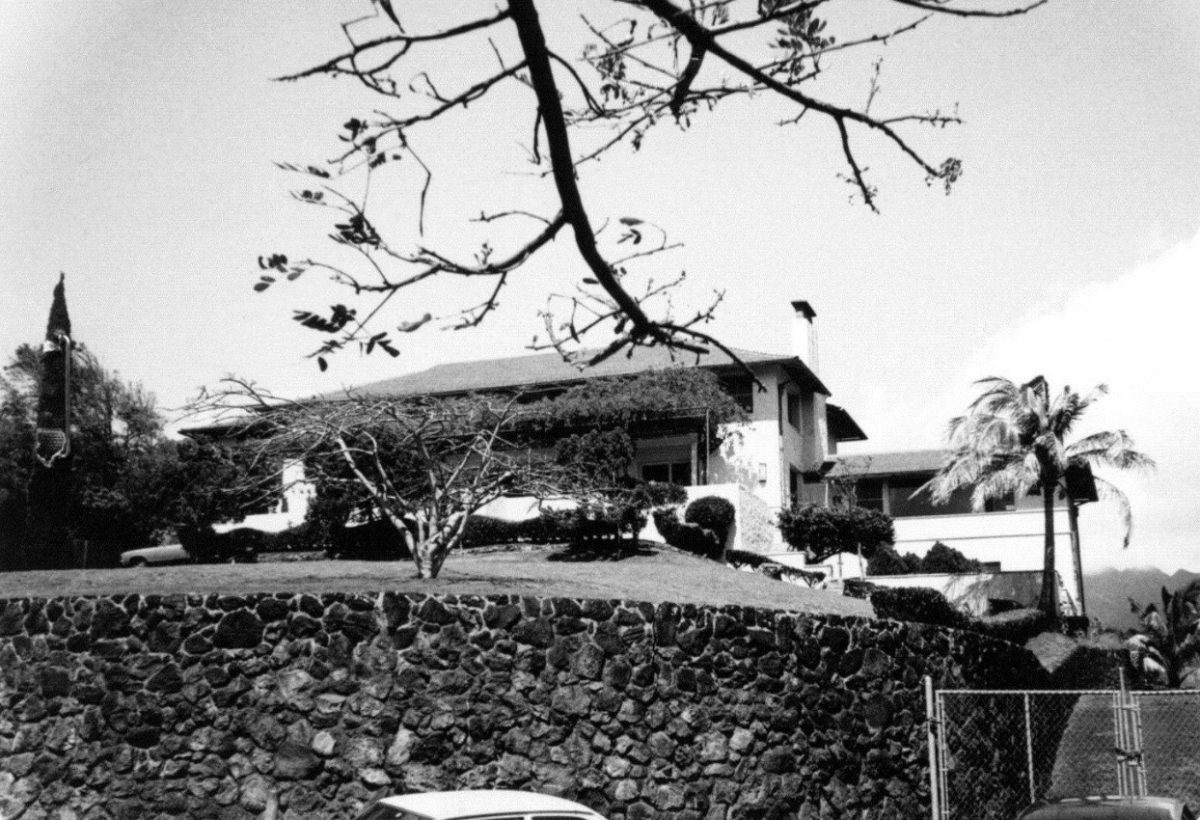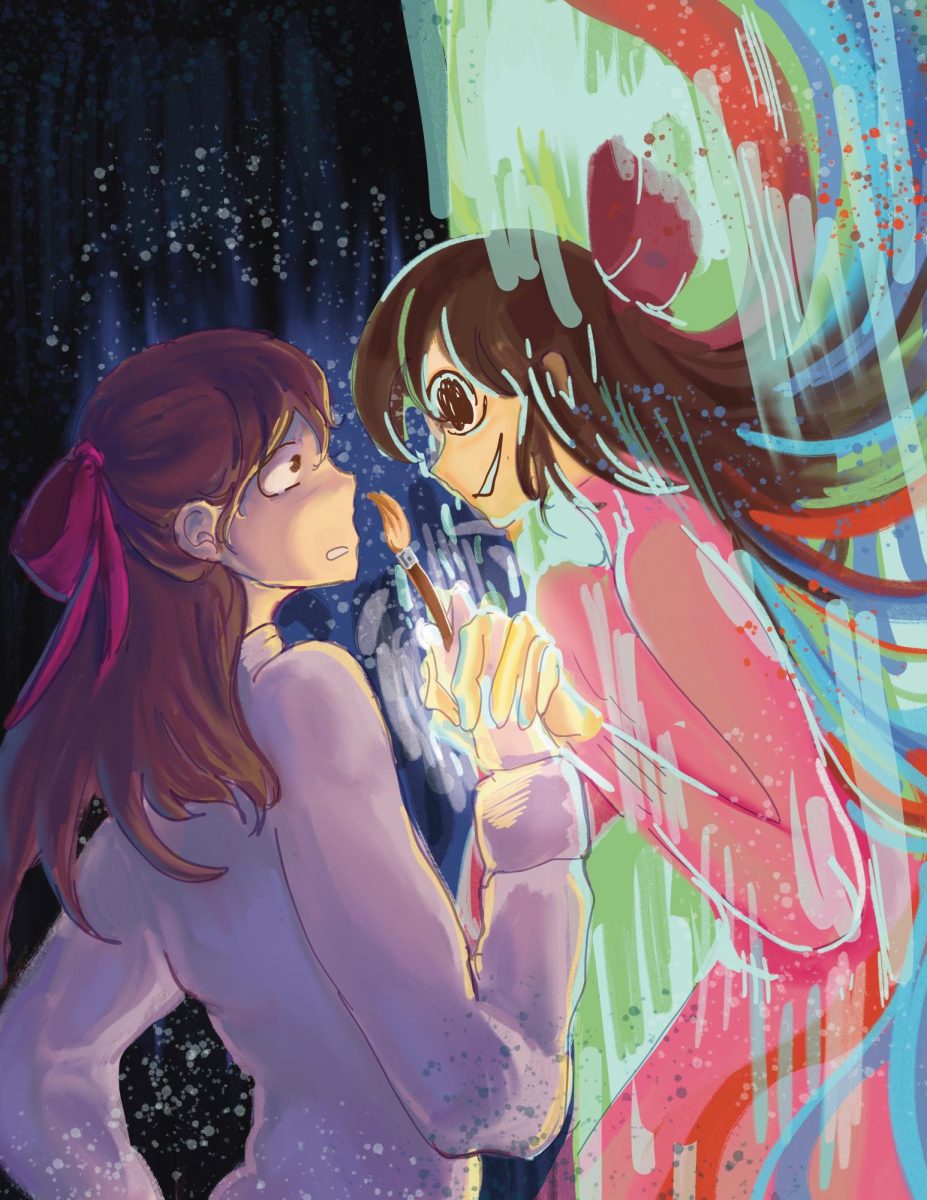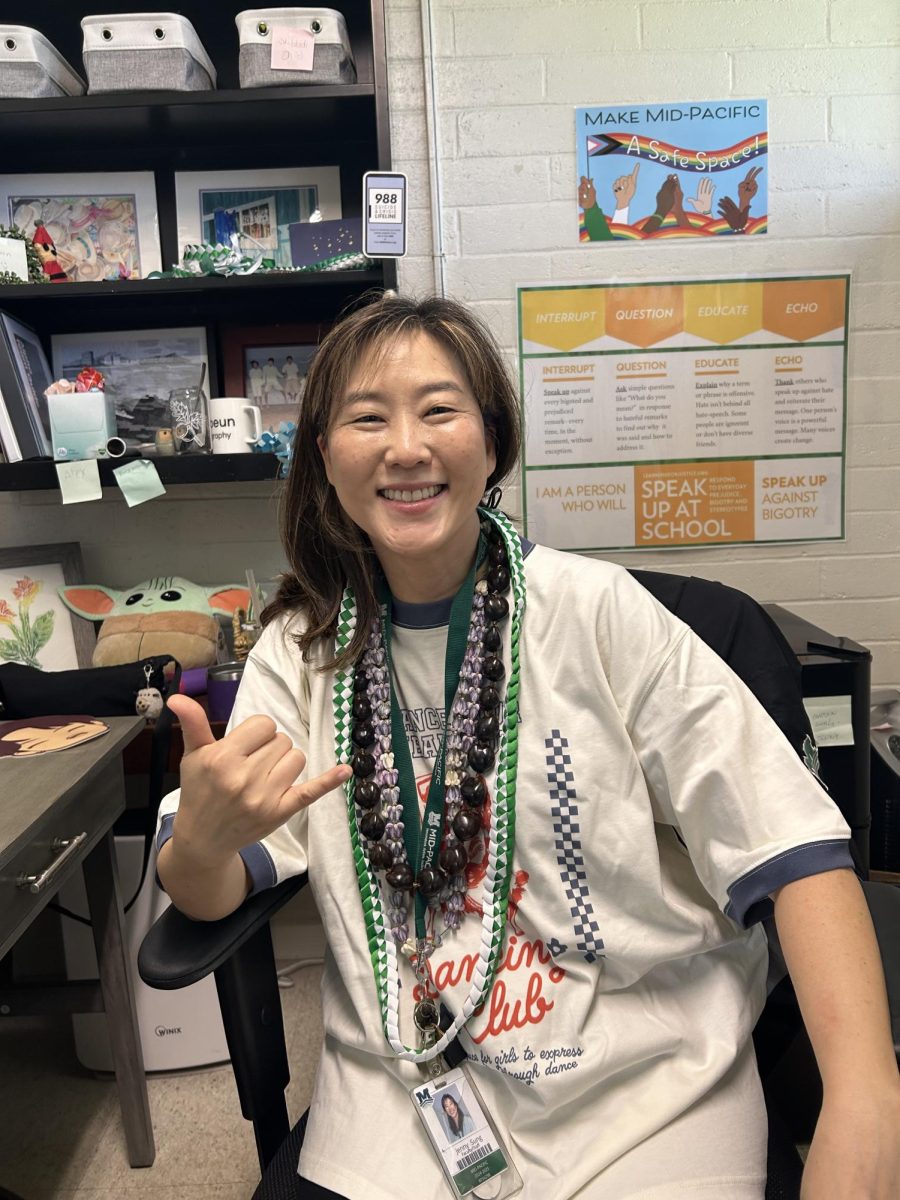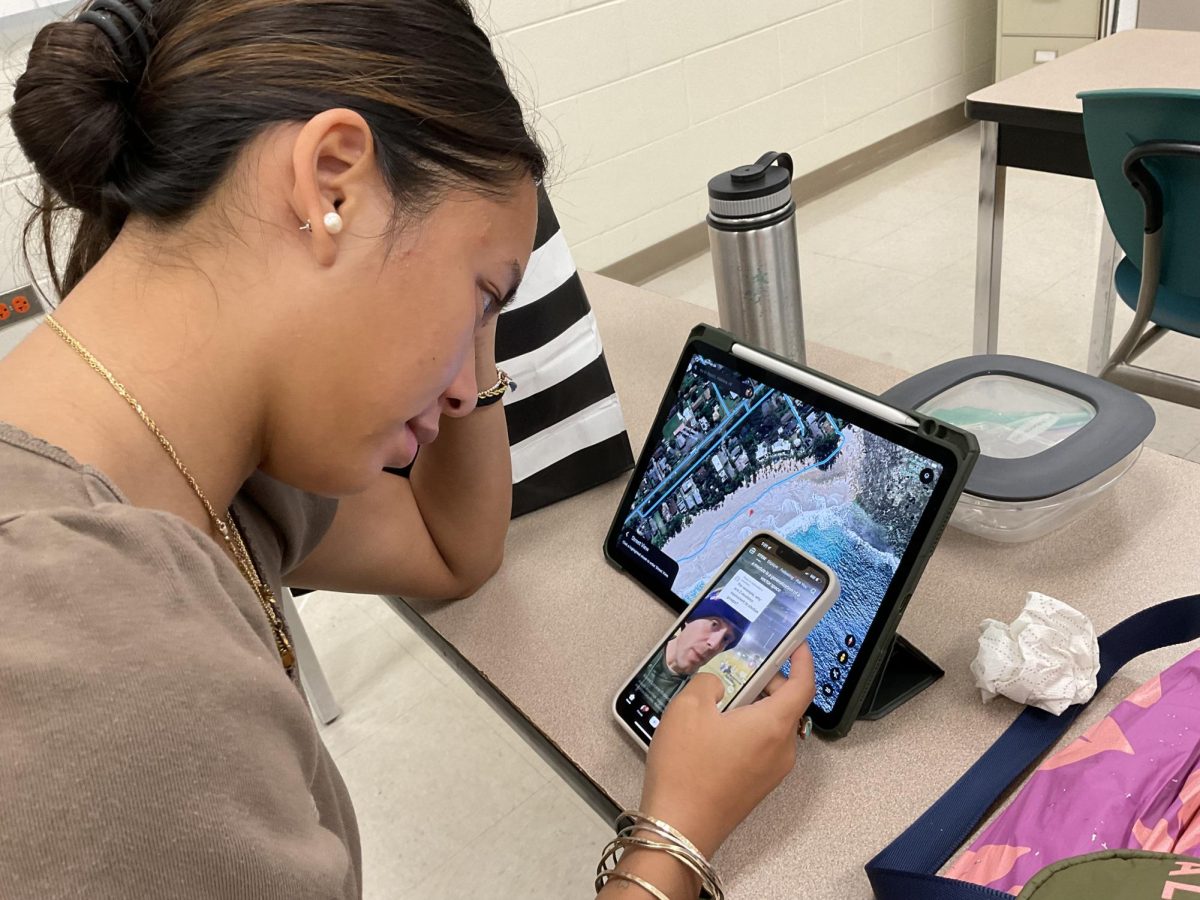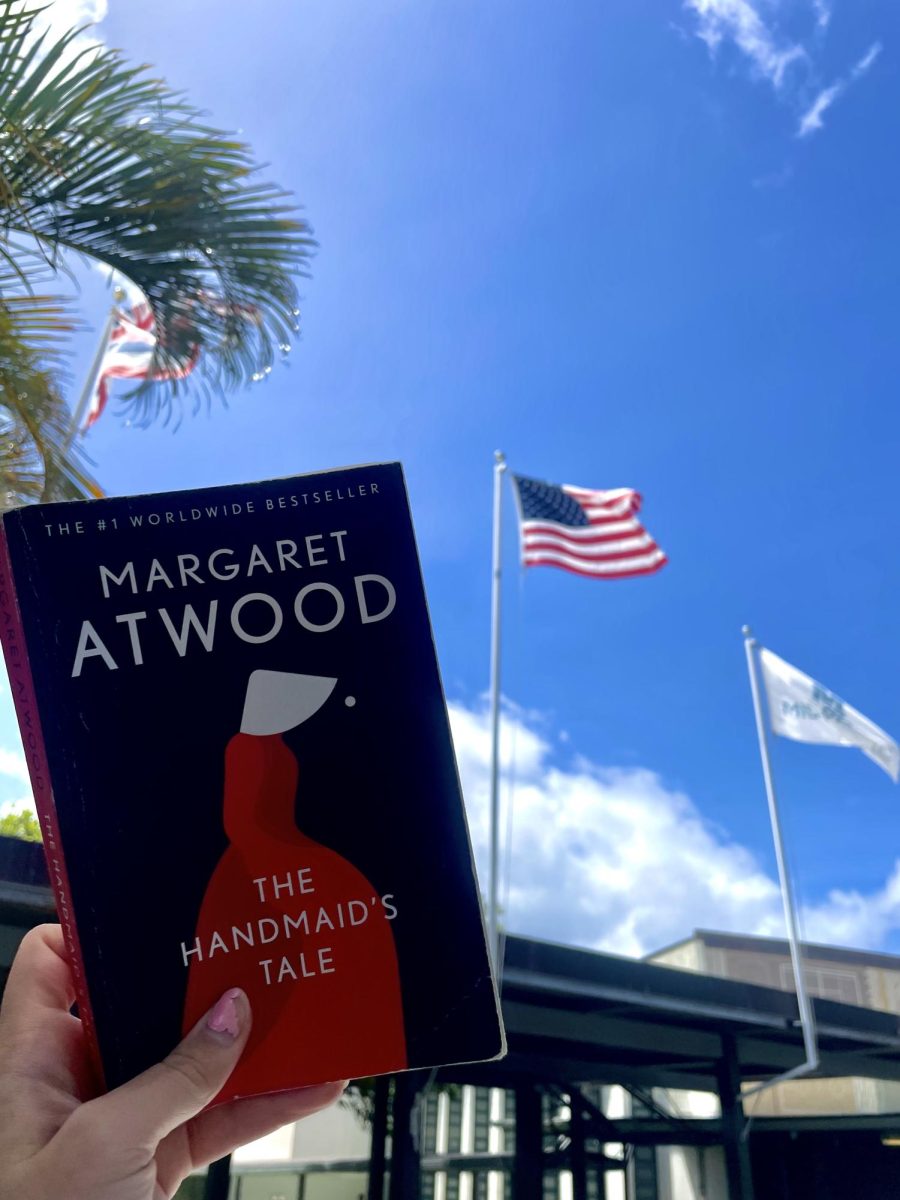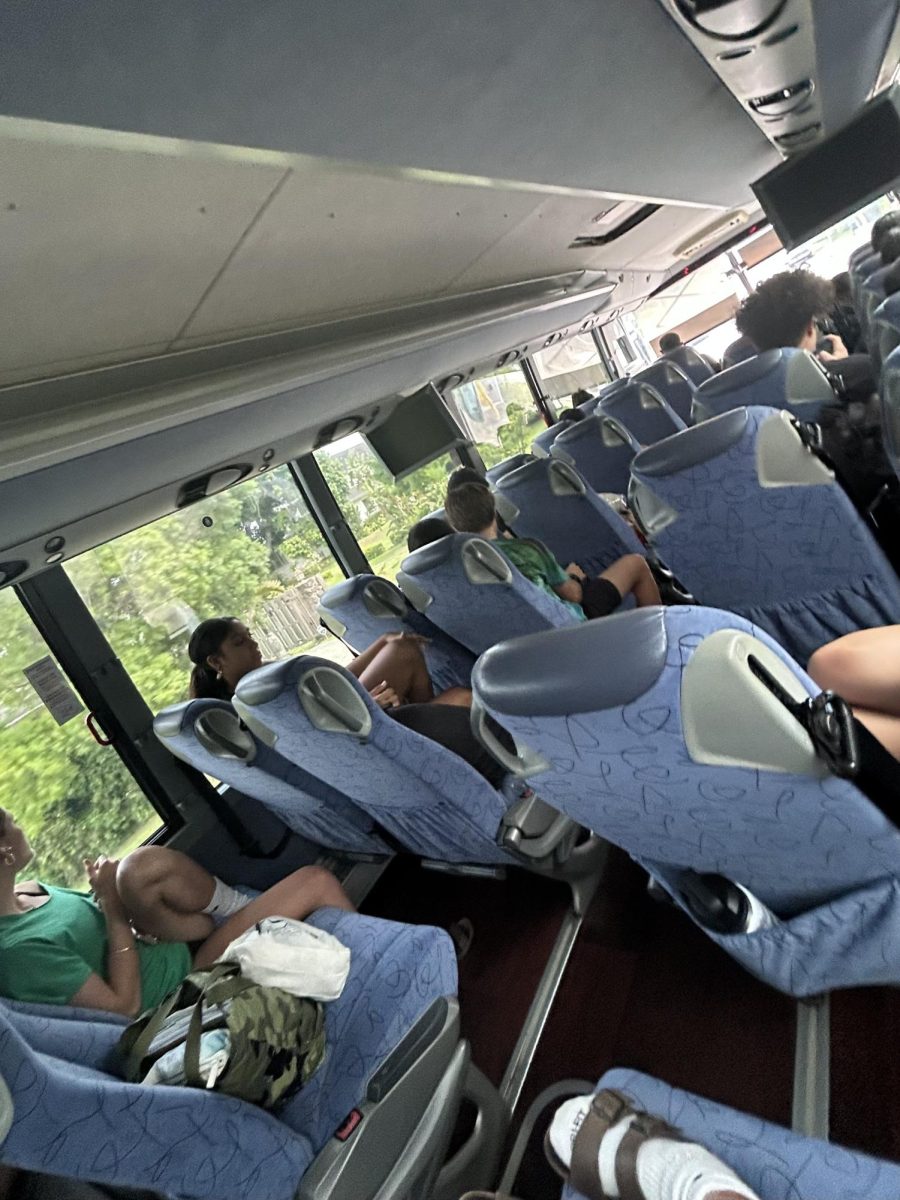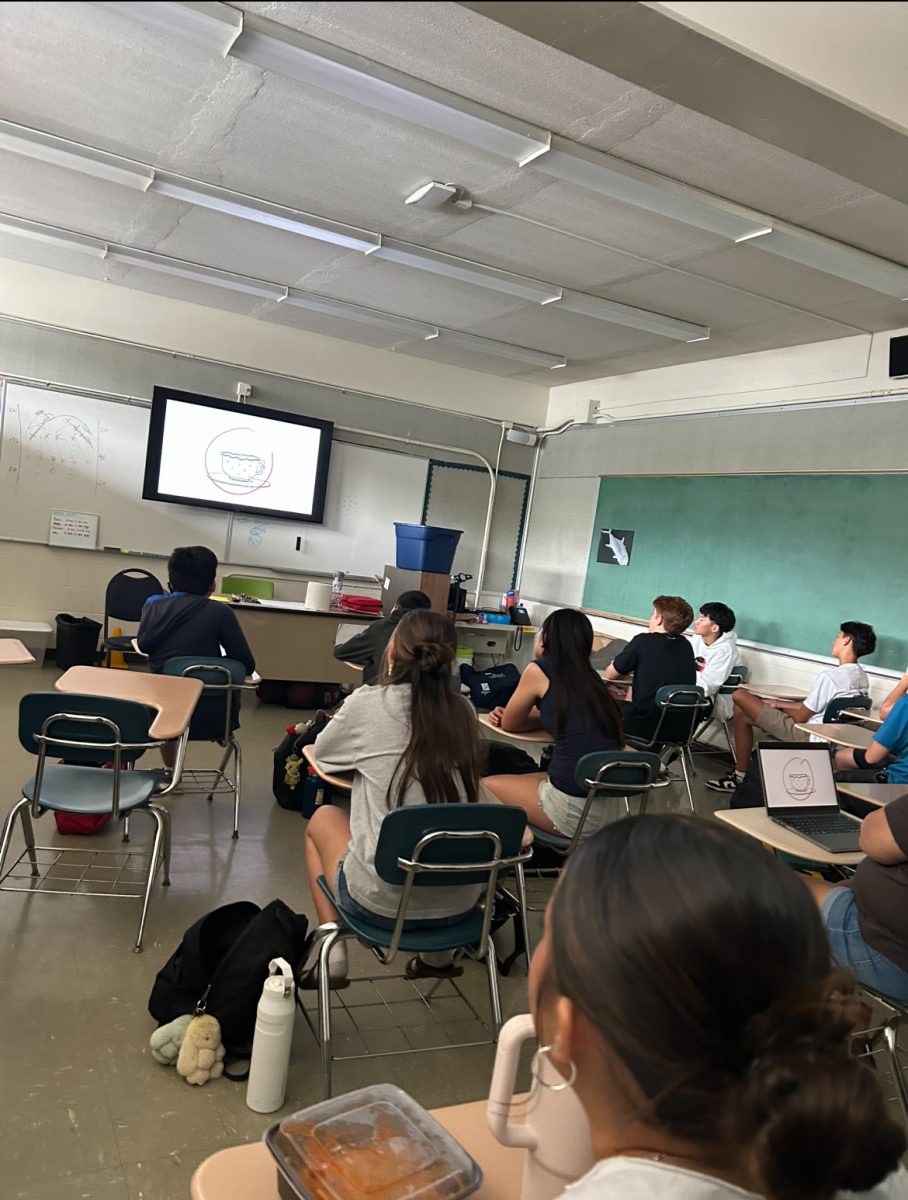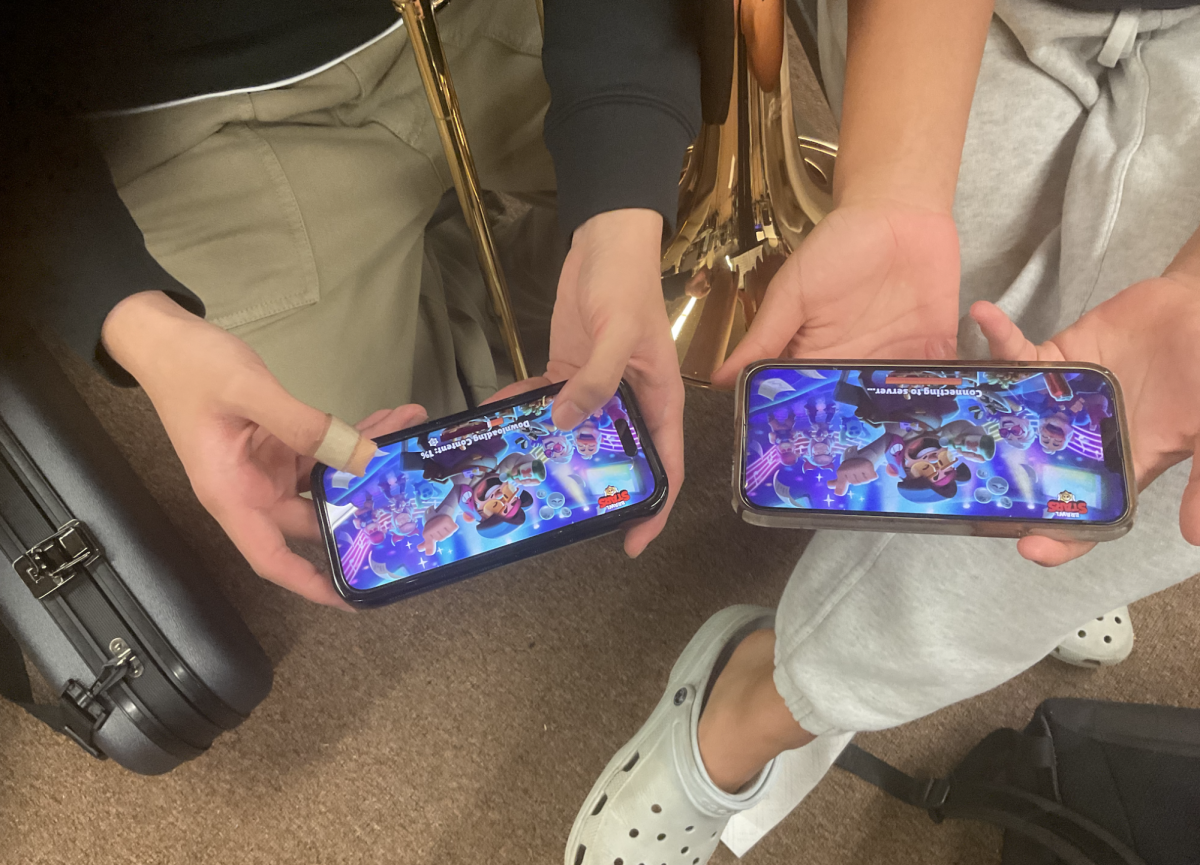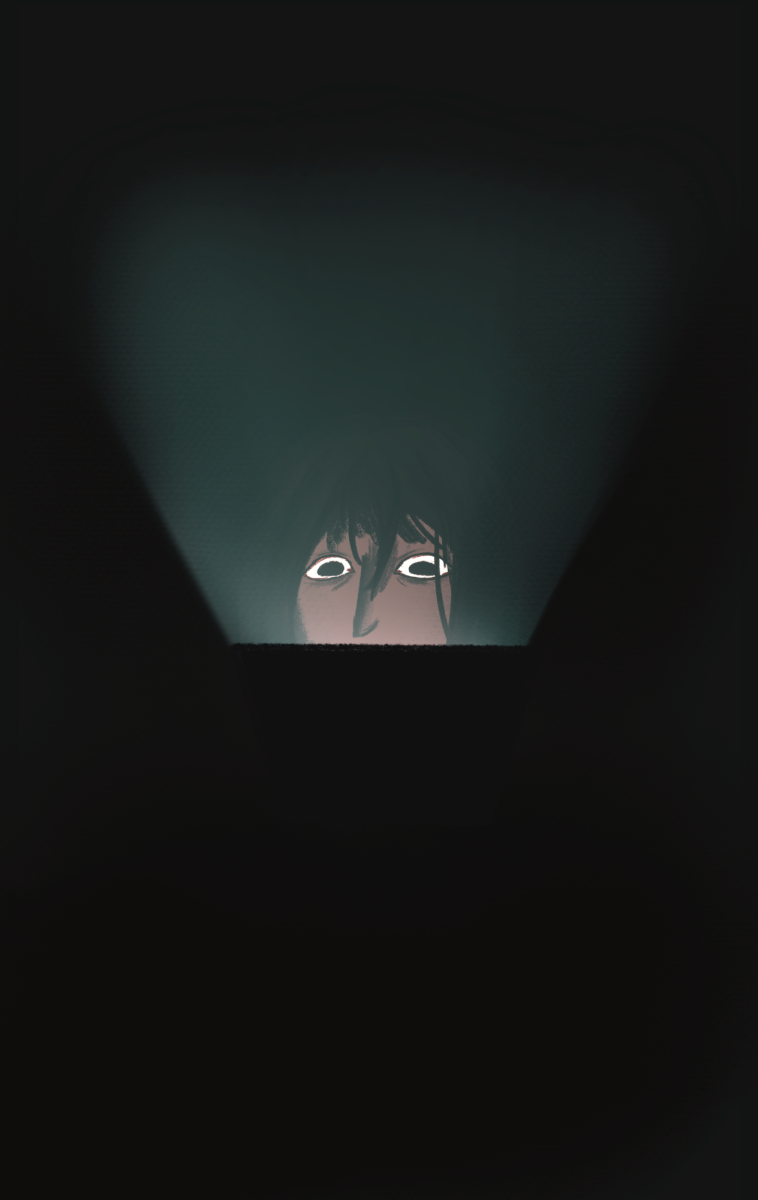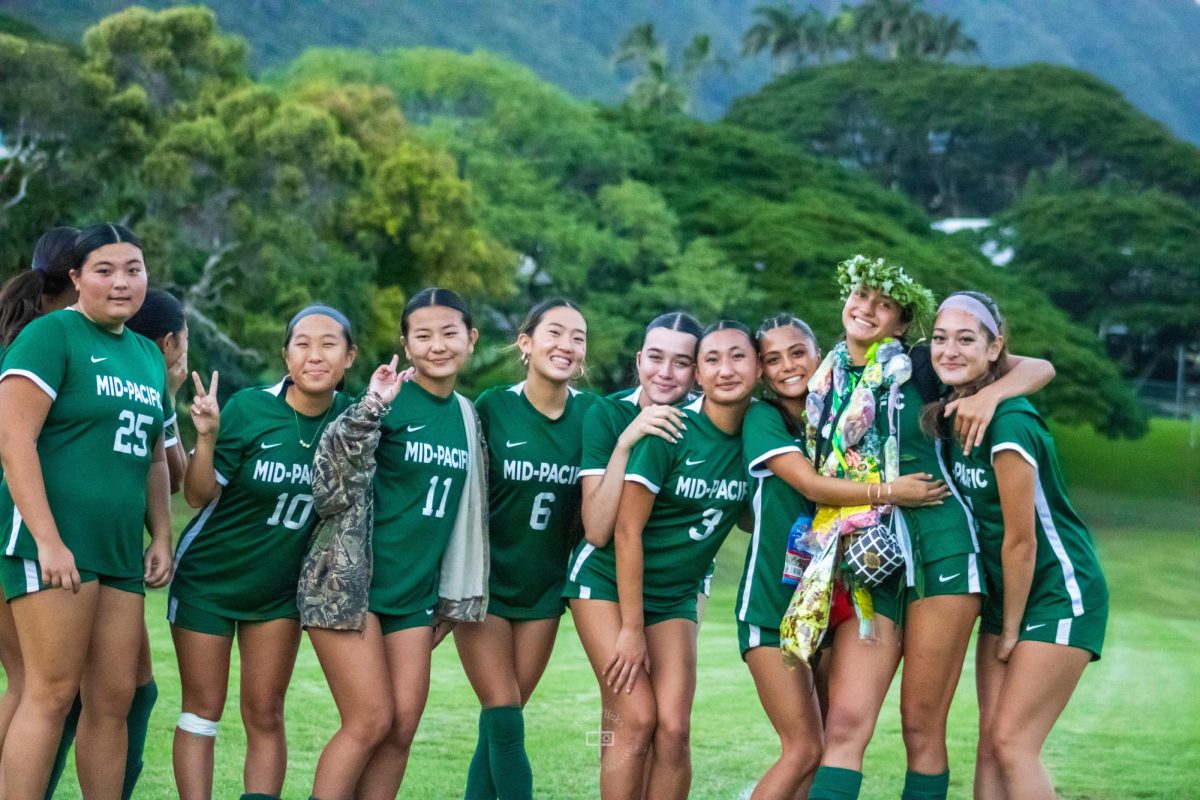The crucial matter of deciding what one’s life path will be rests heavily on the minds of high school students. If that isn’t enough pressure, they are further weighed down by individual interests, wants, parental input and financial concerns.
While some students are content to explore these temporary commitments, others are ready to pursue them through college and their working lives.
“Oftentimes, students have a passion or talent, sometimes arts, and their parents [may] want them to pursue a more traditional, or what they may see as a more reliable major,” Dean Camille Lesnick said.
This wariness surrounding traditionally high-risk careers branches from the competitiveness of the art world.
“It always depends on the relationship of the student to their family but there can be a lot of pressure. A lot of my friends are doctors now because that is what their families told them to do and that was the only option they saw for themselves,” art teacher Tobi Kishimoto said.
These fears from parents translate to their children, where voiced uncertainties become internal. With the combined expense and time it takes to acquire a college degree, it is natural for most parents to prefer seeing their child walk a path to certain and secure success.
“One of my worries is that art isn’t seen as a financially successful yield compared to STEM fields. Around sophomore year, I was thinking of pursuing a safer field like chemistry or accounting and the more I thought of it, the more I realized that I could not see myself happy in a job I didn’t care about. That was the final push for me to pursue art,” senior Sabine Kong said.
These worries are common and are founded in the reality of the modern world, where the cost of living rises perpetually to impractical demands and the amount of mass layoffs increases.
“As long as I find a stable career where I am able to make enough money to survive on my own, my parents agree with my choices. That is their main concern with theater because theater can be a very insecure job although I think that the competitiveness of theater makes it more interesting,” junior Haley Yonemori-Takanishi said. “I feel like it makes me work harder to pursue my acting.”
Taking risks is a method of forcing oneself to work harder, though if unsuccessful, it becomes much more difficult to get back up. This results in many parents becoming biased against such unpredictable paths.
“My parents like me having a backup plan [but] I’ve always thought of it as if you walk on a tightrope over a bed of pillows, you’re more likely to fall than if you were over fire because you are more driven because there is more risk,” senior Nico Perez said.
To both succeed within these merciless industries and stay motivated to work towards dreams others may disagree with requires a strong drive to succeed.
“[Ambition and rebellion] are intertwined. If you have a set [dream], where your heart tells you to do this and there are a lot of people telling you no, combined with how much someone wants to do something, it makes them want to believe they can do it in spite of everything,” Kishimoto said.
Still, high school is a place of exploration and learning. The choice still looms overhead, but even as students graduate, go to college and obtain their jobs, there are always opportunities to start anew in the pursuit of happiness.
“Be curious, be open minded, pursue [your] talents but [know] to pursue other things as well as the world changes and you expand your worldview. Know that you also have permission to change your major, what you’re thinking about, to go back and have those conversations with family,” Lesnick said.




